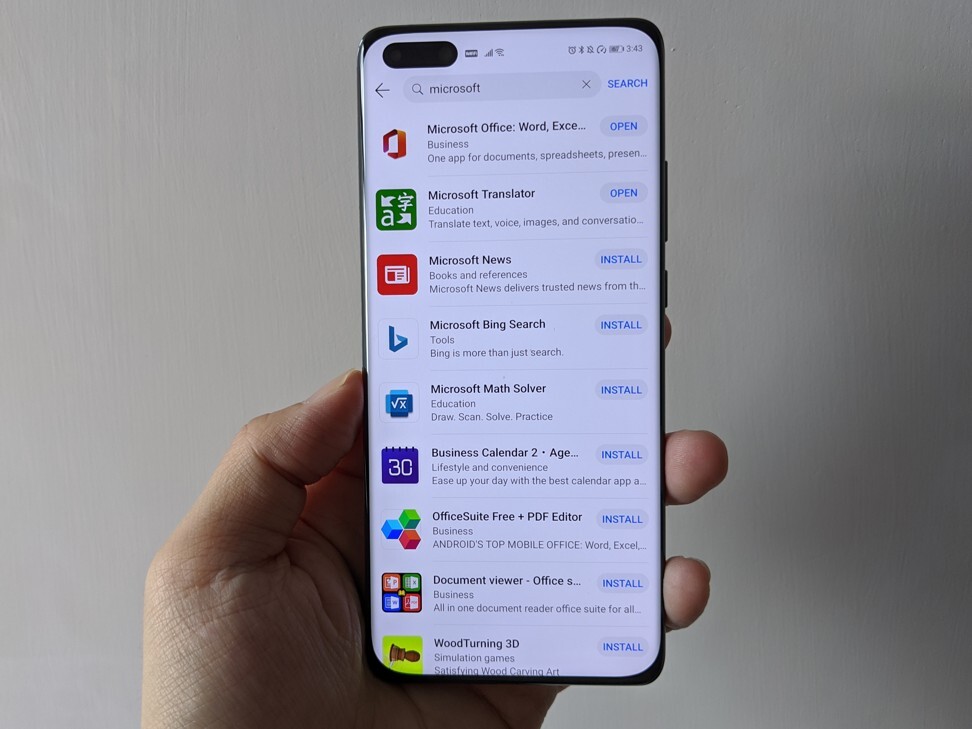
Microsoft’s Office apps called out by Beijing in latest crackdown on user data privacy violations
- Software giant Microsoft’s Word, Excel and PowerPoint were among the 291 apps called out by the MIIT on Tuesday for violating user data privacy
- The latest action comes after the MIIT’s new regulations on necessary personal information for mobile apps came into effect on May 1
Software giant Microsoft’s Word, Excel and PowerPoint were among the apps that made mandatory, frequent or excessive requests for user permissions, according to a notice posted on the Ministry of Industry and Information Technology (MIIT) website on Tuesday.
The ministry has asked third-party testing organisations to review mobile apps that have been the focus of user complaints, according to a statement on its website. It said 83 apps – from the targeted categories of productivity, education, mobility, job recruitment and fitness – failed to rectify their violations.

Six provincial communications administrations, including those in Shanghai as well as Guangdong and Sichuan provinces, carried out similar tests and found 208 apps in violation, according to the MIIT.
The ministry’s latest move also clamped down on apps with pop-up notifications that could not be closed, as well as those misleading users to jump to new pages through texts, pictures and videos, according to the statement.
China makes it harder for Big Tech to collect personal information from users
The regulations on necessary personal information for mobile internet applications covers the basic functions and services for 39 app categories, including messaging, online shopping, payments, ride hailing, short video, live streaming and mobile games.

